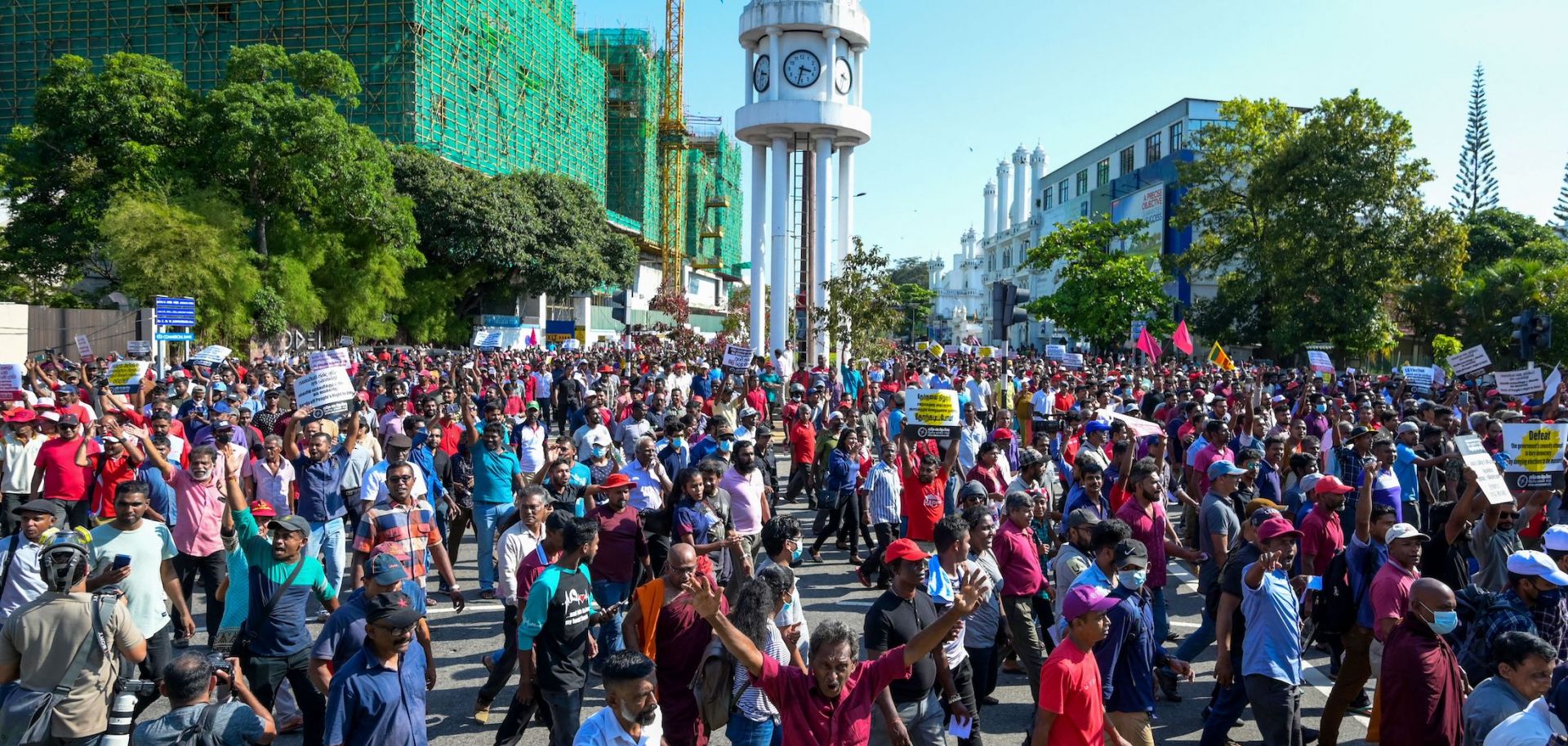Delayed local elections will offer a key glimpse into Sri Lanka's political climate since disruptive protests swept across the country last year, and could weaken the cash-strapped government's ability to implement IMF-mandated reforms. On March 7, Sri Lanka's election commission proposed April 25 as the tentative date for local government elections. The elections were originally scheduled for March 9, but were delayed in late February after the Treasury was instructed to prioritize funds for only essential government services (which doesn't include elections) due to the country's increasingly dire cash shortage. Without funding, the election commission was unable to print ballot papers, secure voting stations and conduct other election-related tasks, forcing it to delay the ballot. This triggered an uproar among opposition parties and civil society groups, which accused the government of deliberately trying to postpone the local elections for fear of losing the vote. But Sri Lankan President Ranil Wickremesinghe...

